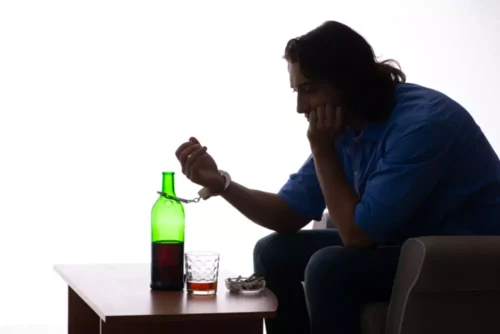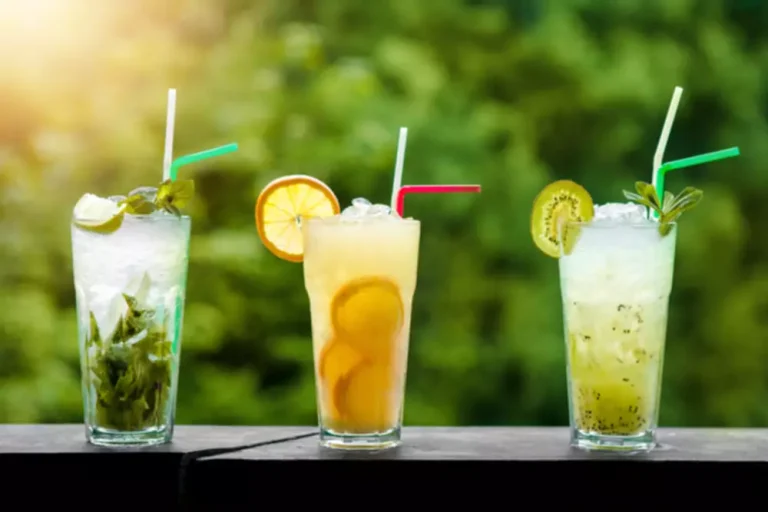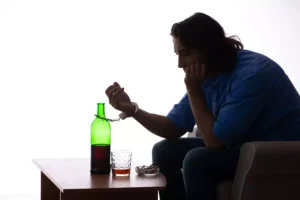
I used to delete entire conversations when I was drinking, since morning-after-me couldn’t bear to look at the messages I’d sent. Now I unlock my mobile with ease and the anxiety of reading messages from friends has dissipated. I was out most nights – with a hangover to match the next morning.

Lean on Your Support Network
Drunk me didn’t worry if she belonged, or said the right thing, or had to have small talk because drunk me just handled that. This might seem like a terrible thing; this is not a terrible thing. This is a JOYOUS and wonderful thing because it easily sorts out the ones that have a weird relationship with alcohol, or the ones that just aren’t for you. It will hurt (pretty bad at first), but in time you will come to see it as the gift it is—and you won’t waste time getting to know the wrong person. Ask any sober person whether they want to go to a cocktail party or stay in with a pack of La Croix, The Crown, and a bathrobe.

Can Enjoy a Healthy Lifestyle
- Navigating social pressure while maintaining a decision not to drink alcohol can sometimes feel challenging.
- During recovery from addiction, you might have strong feelings that can seem at times to be overwhelming.
- We are no longer supporting IE (Internet Explorer) as we strive to provide site experiences for browsers that support new web standards and security practices.
Many social events, celebrations, and gatherings often feature alcohol as a central element, leading to the false notion that it’s needed for enjoyment. However, staying sober around the people you love has many benefits. Getting sober is when someone stops using an intoxicating substance.
Develop Healthy Coping Mechanisms

Some people may find that wearable devices and smartphone apps can support their recovery from alcohol use disorder. Biosensors monitor physical changes, detect alcohol use, and identify relapse risk. Studies suggest digital health options can improve access reasons to stay sober to care for some of the 15 million people experiencing alcohol use disorder each year.
Savoring Success: Recognizing Small Wins in Your Journey
- Not only because my portion of the check is significantly smaller than anyone else at the table, but also because I refuse to invest in Big Alcohol.
- Then, the first few weeks of sobriety are when relapse risk is highest.
- Our state-specific resource guides offer a comprehensive overview of drug and alcohol addiction treatment options available in your area.
- Movement became a tool I used to keep me mentally strong, to manage my anxiety, and to do something for myself.
- Lean on close friends and family for support, even if your relationships aren’t what they used to be.
- Consider reaching out to a vocational rehabilitation counselor or career coach to help you update your resume, practice job interview skills, and locate jobs that match your skills and experience.
Additionally, the time and resources previously dedicated to alcohol can be redirected toward creative sober activities, hobbies, or projects that enhance your skills and fulfillment. You are a mirror now, a flashlight of sobriety in a society that is laced with the judgment that it’s abnormal to abstain from alcohol. People will assume you drink and will be very curious about why you don’t have a drink in your hand when they do. Before I quit drinking, I never really used to care about dividing the bill down the middle with a group.
Post-acute withdrawal syndrome (PAWS) involves withdrawal symptoms that persist past the detox period. Such symptoms are often related to mood and may include irritability, anxiety, depression, sleep problems, and fatigue. Lasting recovery requires lasting effort, but relapse is not failure or weakness; it takes more than willpower to maintain sobriety. This article discusses the meaning of sobriety and arms you with information and strategies to smooth—and stay on—your path to wellness. As fans around the world mourn the death of Matthew Perry, many are remembering the beloved Friends star for the ways in which he strove to help people recovering from addiction. Addicts that come into recovery terrified, desperate, and willing to go to any lengths to stop relapsing usually have a bunch of loose thoughts and vague feelings about sobriety but no clear target to aim for.

Each social event can become an opportunity to strengthen connections and create memorable experiences, no alcohol necessary. Early sobriety may come with feelings of fatigue and the stress of dealing with challenges (people, places, and things that stimulate the urge to use). It’s impossible to know how you’ll react and how your life will change when getting and staying sober.
2007 research shows that continued therapy significantly improves long-term sobriety rates. A study published in the Journal Addiction found that individuals who participated in ongoing therapy for at least one year after initial treatment had a 50% lower relapse rate compared to those who discontinued therapy early. You may also experience what is commonly called sobriety fatigue, which refers to the overall exhaustion that may occur as a result of the emotional and physical stress of staying sober.
Spending more time with supportive loved ones and planning activities for the entire family can also help you develop a healthier lifestyle and avoid situations in which you would normally drink or use drugs. One big reason people feel so afraid of sobriety is because of what they see in the media, pop culture and even from people they know on social media. There’s the sense that if you’re not usingdrugsor alcohol, somehow life is boring or uninteresting. There’s the misconception that if you’re sober, you aren’t fun, you won’t be able to enjoy your life to the fullest and you’ll have trouble forming relationships. Strictly speaking, sobriety is the state of being sober—not being under the influence of alcohol or drugs. However, the word is often used in different ways in different contexts.

Leave a Reply